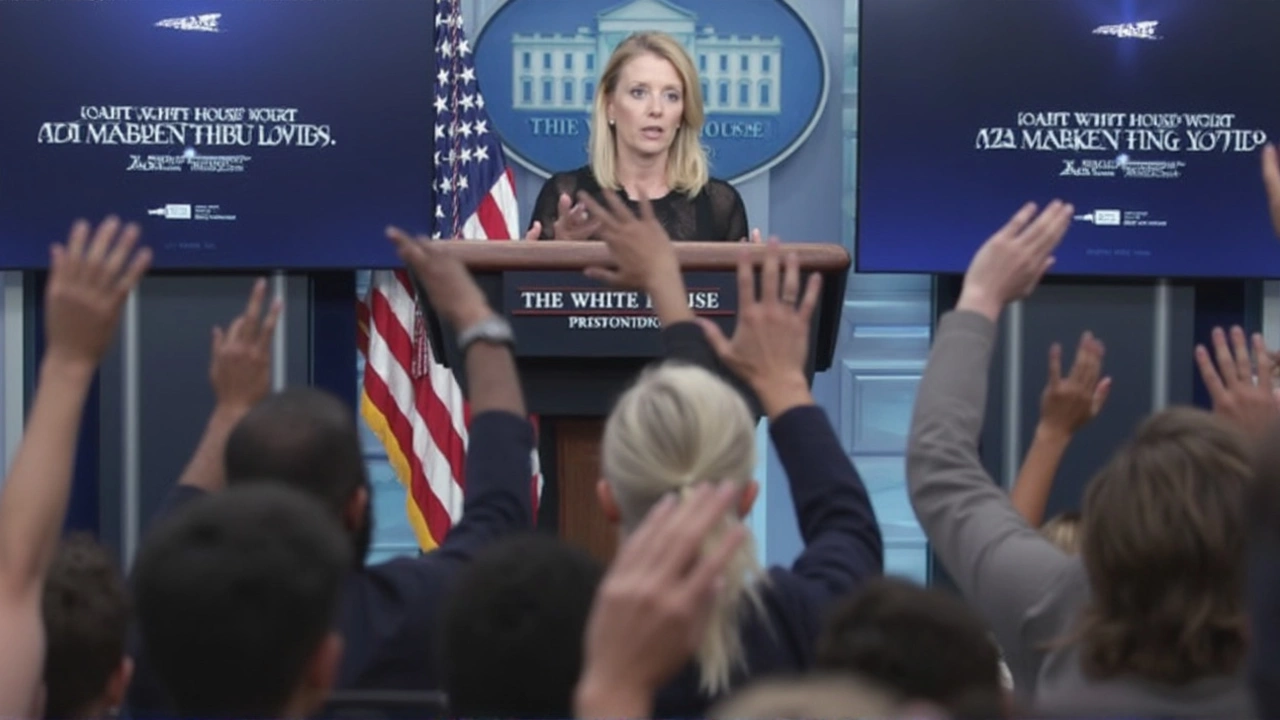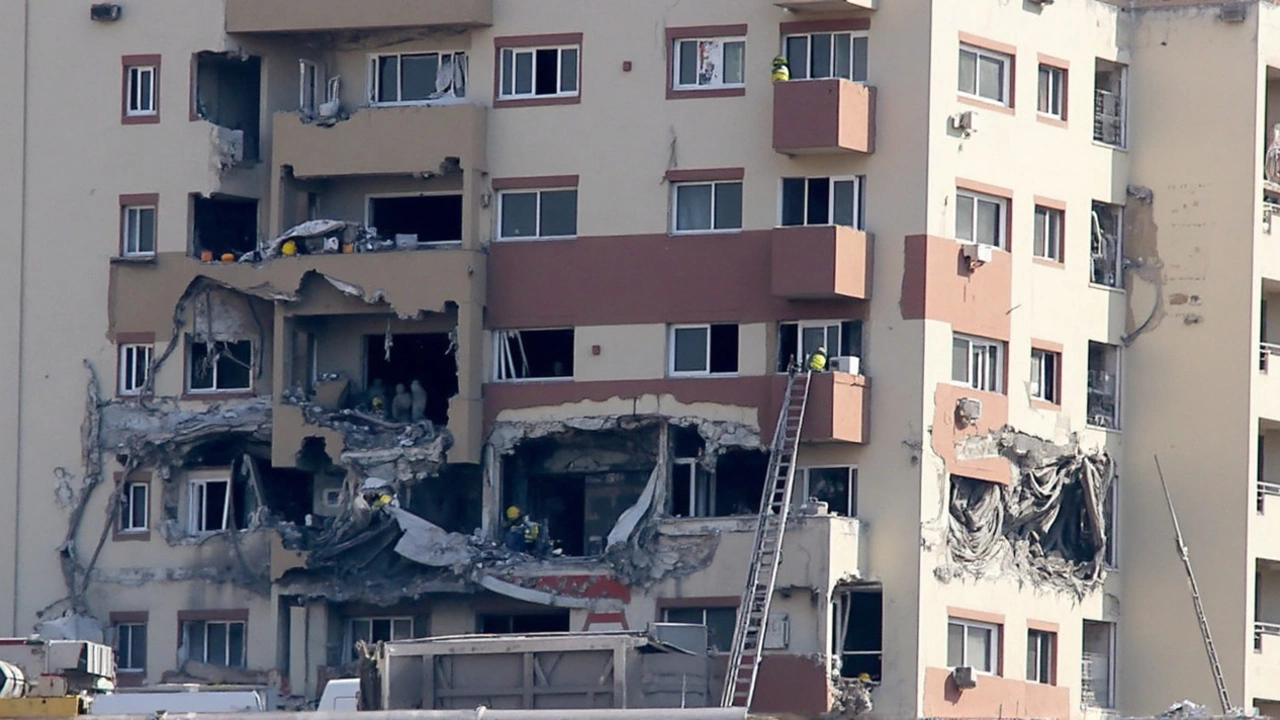Trump’s Deadline: Will the U.S. Hit Iran’s Nuclear Program?
Donald Trump has put the world on edge by announcing a two-week window to settle one of the stickiest dilemmas of his presidency—whether the United States should launch a strike against Iran’s nuclear facilities. The announcement comes as violence between Iran and Israel explodes, making everyone wonder just how close we’re getting to a broader Middle East war.
At the White House briefing on June 19, Press Secretary Karoline Leavitt laid it out: Trump’s call will hinge on what happens in talks with Iran over the next two weeks. But he’s clearly signaling that time is running out, both for diplomacy and for Iran’s nuclear ambitions. "I will make my decision whether or not to go within the next two weeks," Trump said, as diplomats and defense planners around the world hang on his every word.
What pushed Trump to this brink? On June 14, Israel launched preemptive airstrikes against Iranian targets—its boldest move yet in a shadow war that’s suddenly gone hot. The attacks were devastating, with 639 dead and 1,329 injured in Iran, according to Human Rights Activists News Agency (HRANA). Iran struck back, targeting Israeli sites and leaving 24 dead and nearly 900 wounded on the Israeli side. Ghostly videos of smoke rising over Tehran and panicked civilians rushing through Israeli streets have been flooding international news and social media.
Leavitt made it clear: the White House sees Iran’s nuclear program as teetering on the edge of the “point of no return.” She claimed Tehran could finish a nuclear weapon in weeks—if its top clerics give the green light. That's the biggest reason Washington is weighing a dramatic move before the game changes for good.
Trump isn’t charging ahead blindly. He’s in round-the-clock contact with Israeli Prime Minister Benjamin Netanyahu and relies on daily briefings from the National Security Council. The message coming from the administration is that the U.S. still prefers diplomacy—but is keeping all options wide open. Meanwhile, Trump hasn’t lost his taste for unpredictability. He told reporters, “I may do it, I may not do it, nobody knows what I'm going to do… Iran’s got a lot of trouble.”

Escalating Casualties and Global Jitters
The raw numbers tell a grim story. Since the Israeli airstrikes kicked off, Iran has taken the heaviest hit, with hundreds dead and over a thousand wounded, mostly in areas linked to military or nuclear work. Retaliation came fast, with Iran lobbing missiles that killed and injured scores in Israel. Both countries are now bracing for more, with civilian neighborhoods on edge and emergency services stretched thin.
Why does this matter outside the Middle East? World leaders know an American strike on Iran’s nuclear program could set off a chain reaction—disrupting oil supplies, fueling more regional chaos, and possibly dragging in global powers. That’s why Western allies are quietly urging the U.S. to wring every last drop from diplomacy, even as the Pentagon dusts off attack plans just in case. Trump’s two-week deadline isn’t just about bombs or negotiation tables in the region—it’s about the world holding its breath for the next big move.
